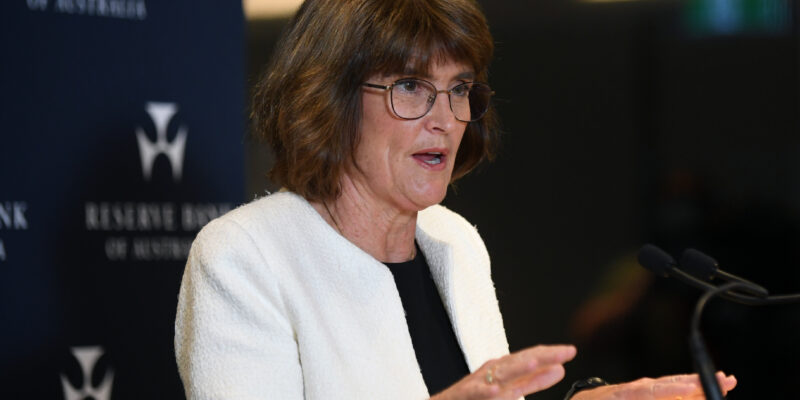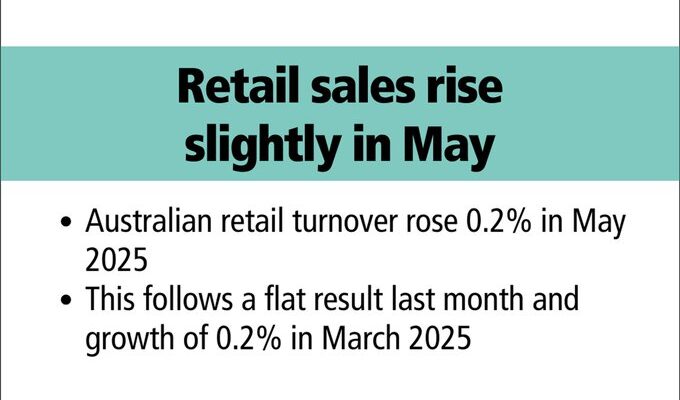Energy rebates mask sticky inflation
Economists say the slowdown was largely expected and won't persuade the RBA to cut interest rates any time soon.

MONTHLY inflation is stronger than expected, with shoppers stung by higher prices for strawberries, cucumbers and other fruit and veg.
The consumer price index rose 3.5 per cent over the 12 months to July, higher than the 3.3 per cent expected result – but down from 3.8 per cent in June.
The biggest contributors to the annual rise were housing (four per cent), alcohol and tobacco (7.2 per cent), transport (3.4 per cent) and food and non-alcoholic beverages (3.8 per cent).
Annual inflation for food picked up pace from 3.3 per cent in June, with fruit and vegetable prices clocking their largest annual rise since December 2022 as consumers paid more for strawberries, cucumbers, grapes and broccoli.
At the same time, the first instalment of Commonwealth energy relief in Queensland and Western Australia plus separate state-based assistance contributed to a 5.1 per cent fall in electricity prices, ABS acting head of price statistics Leigh Merrington said on Wednesday.
This was down from the 7.5 per cent rise in June.
Moody’s Analytics economist Harry Murphy Cruise said the July inflation print was “full of smoke and mirrors”.
While the fight against inflation appeared to have taken a “massive step forward”, the improvement was largely owed to rebates that had “artificially lowered the cost of electricity”.
“While that makes the headline inflation figure look a whole lot better, prices are ultimately unchanged — and governments are on the hook to pick up the tab,” Mr Murphy Cruise said.
The Reserve Bank of Australia has already indicated it plans to look through the temporary bill relief and focus on underlying inflation.
The trimmed mean – the central bank’s preferred measure of underlying inflation – eased to 3.8 per cent from 4.1 per cent.
Mr Murphy Cruise said this was a “solid drop” but still left “plenty of room for improvement”.
Excluding volatile price changes across fuel, holiday travel and fruit and veg, inflation moderated to 3.7 per cent in July, down from four per cent in June.
Betashares chief economist David Bassanese said the result was unlikely to leave the RBA “overly excited”, though easing trimmed mean inflation was a welcome development.
“All up, the RBA is likely firmly on hold until it gets further conviction of falling underlying inflation from the more detailed and reliable quarterly consumer price index report,” he said.




